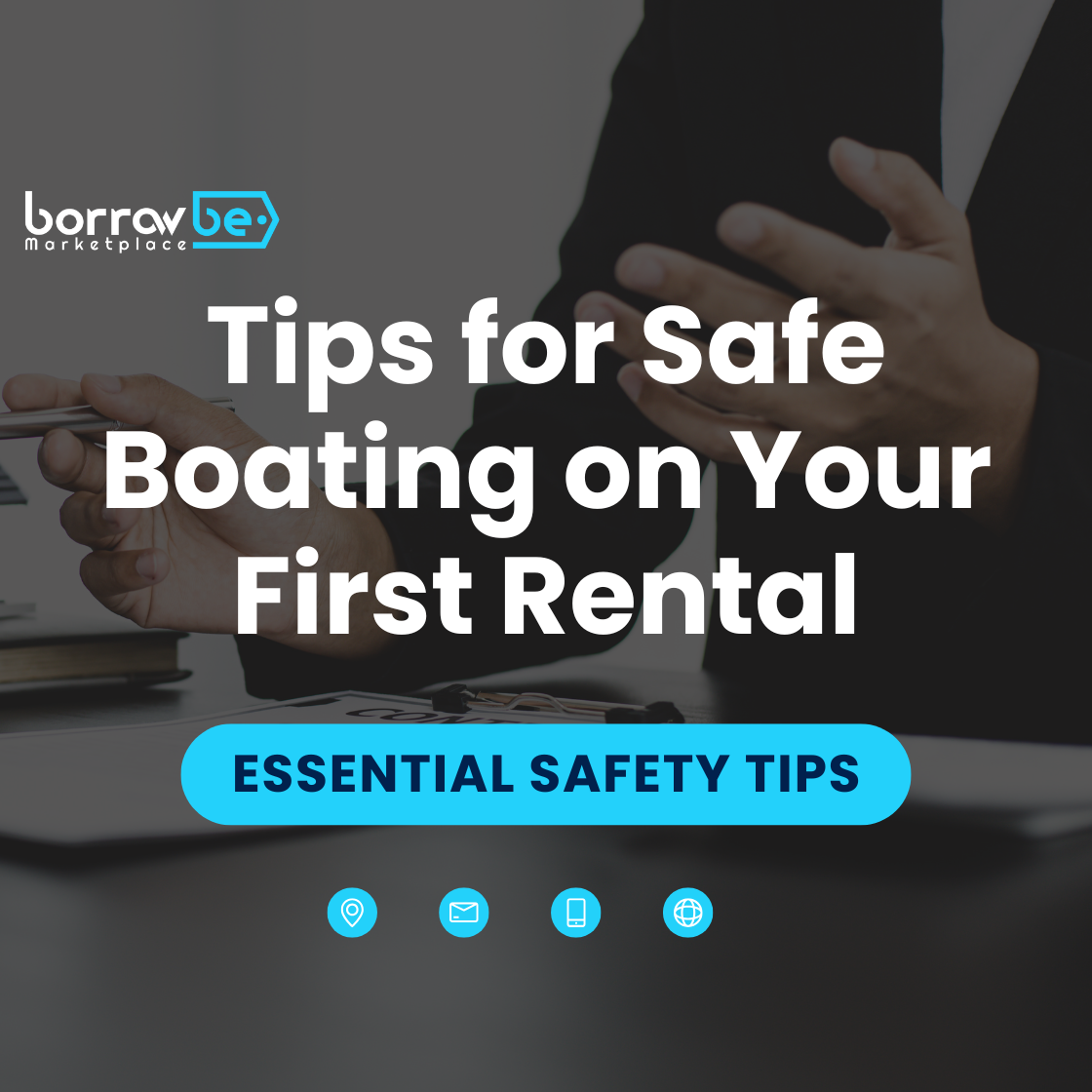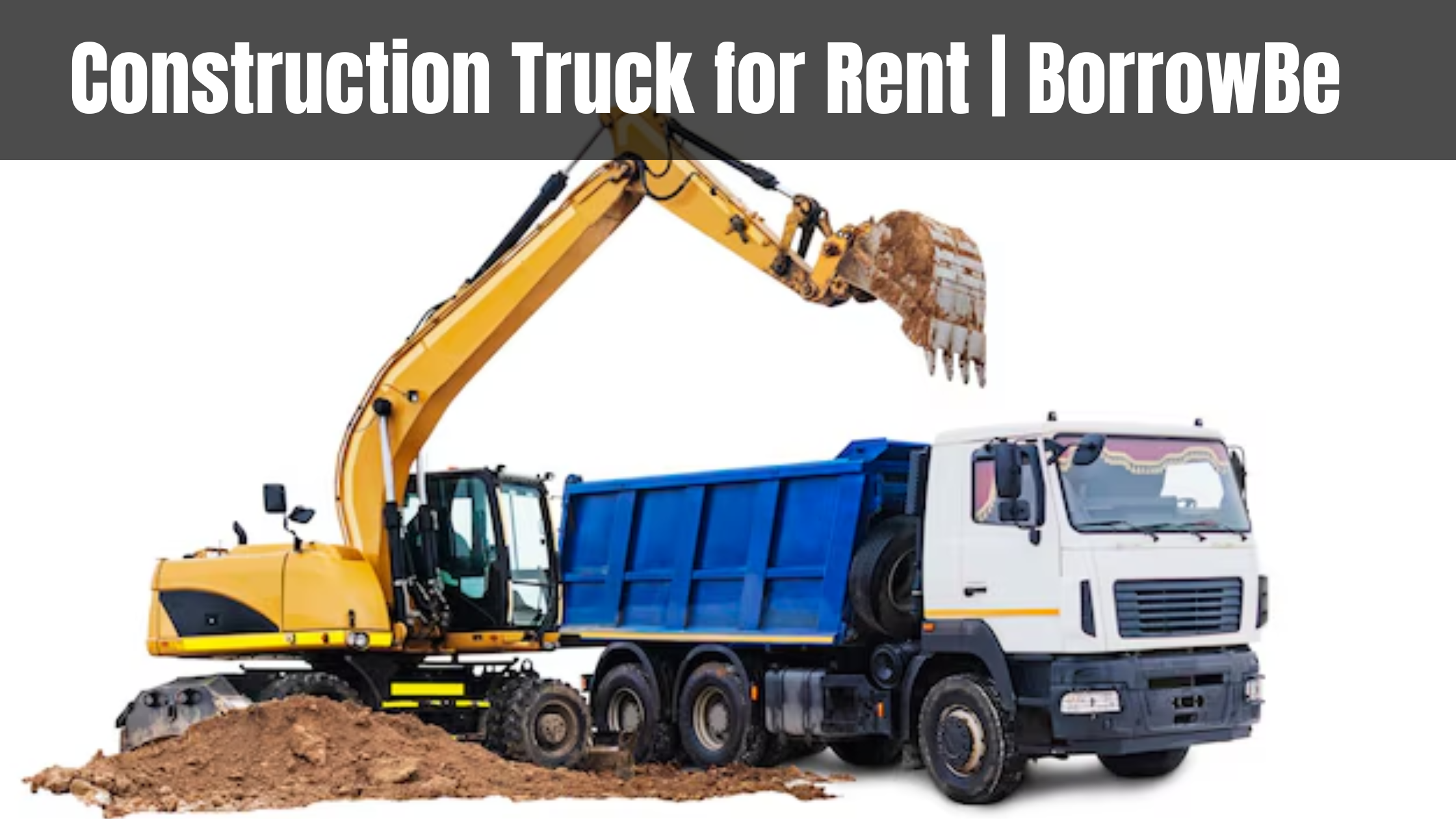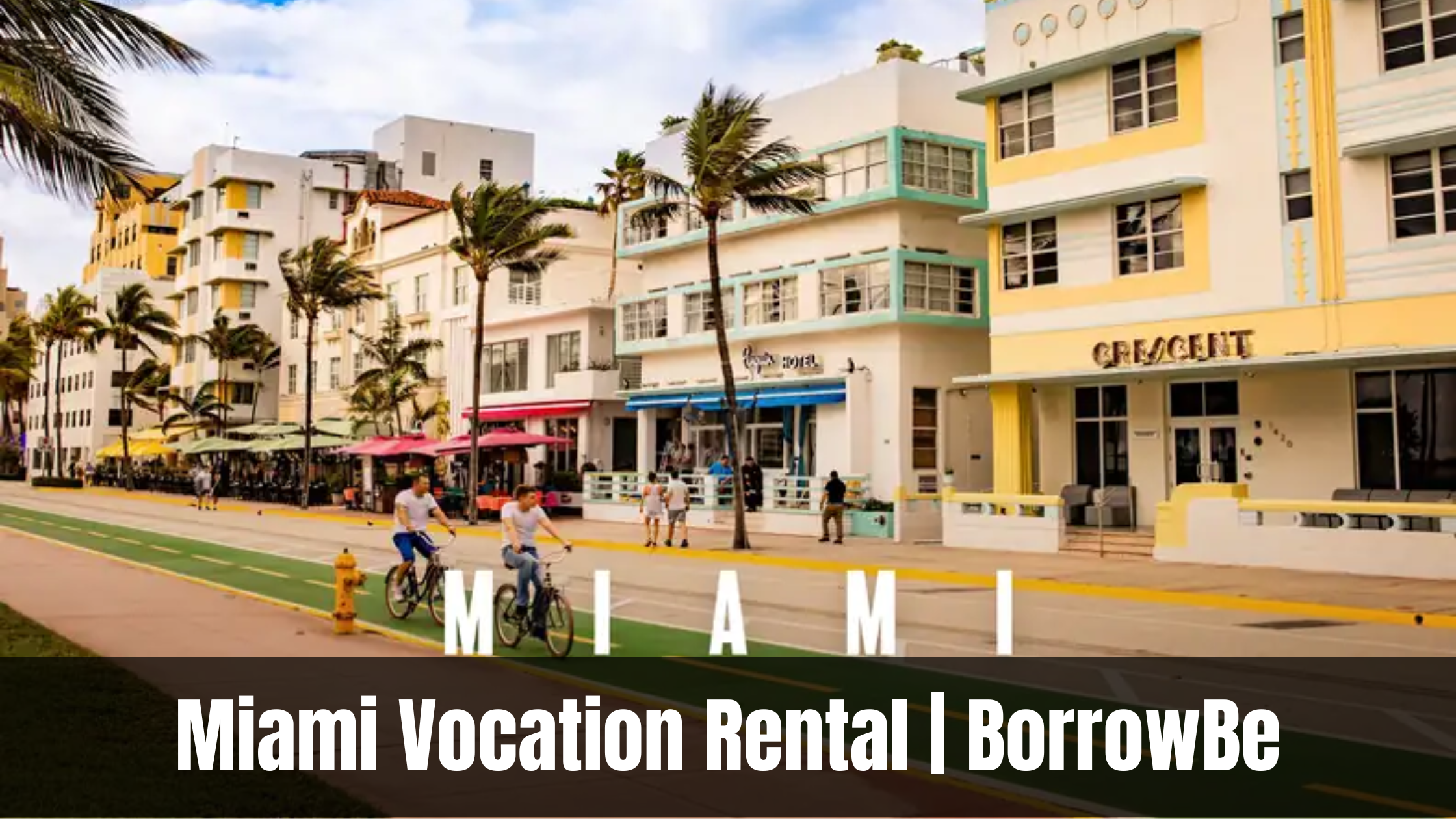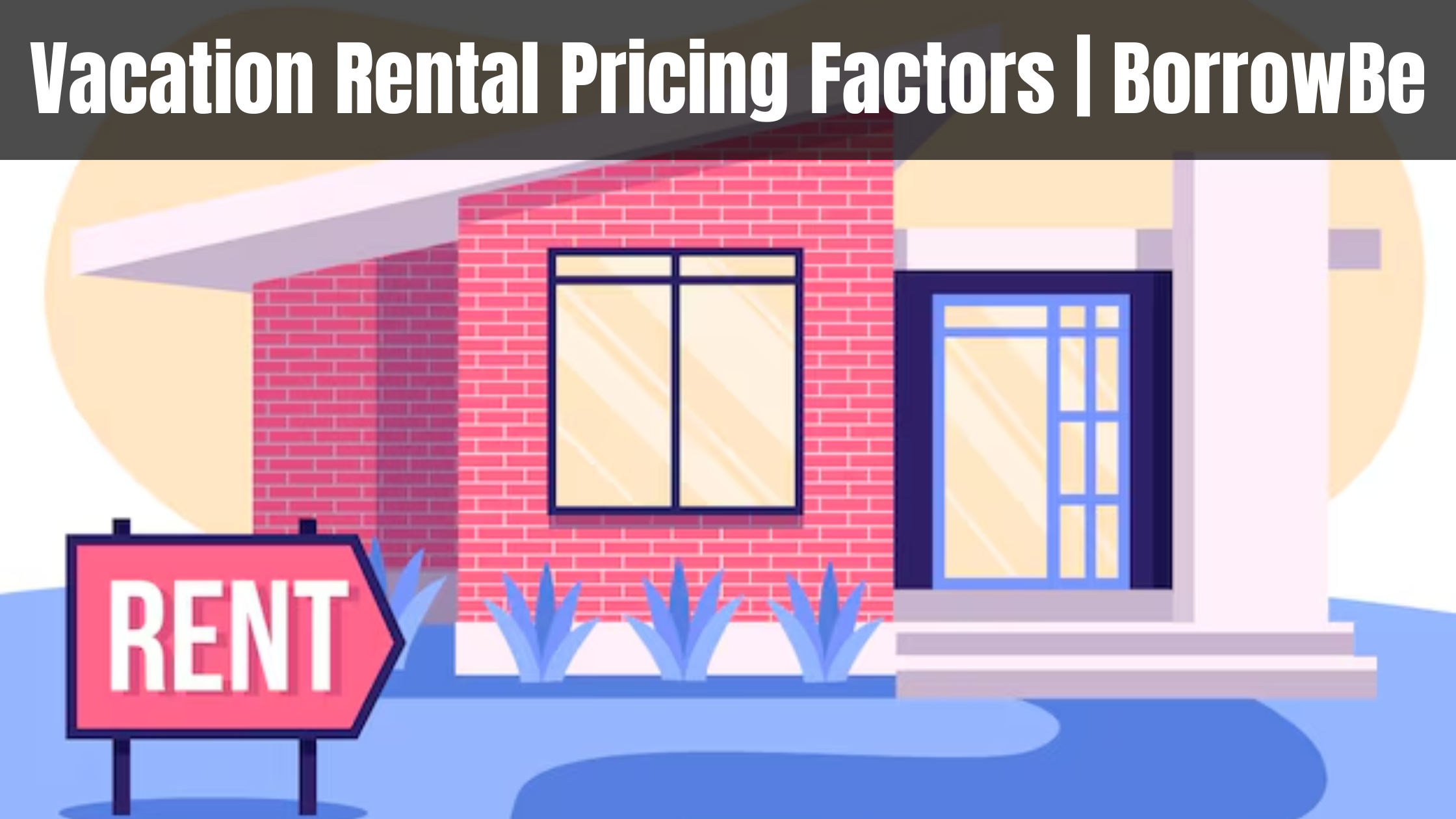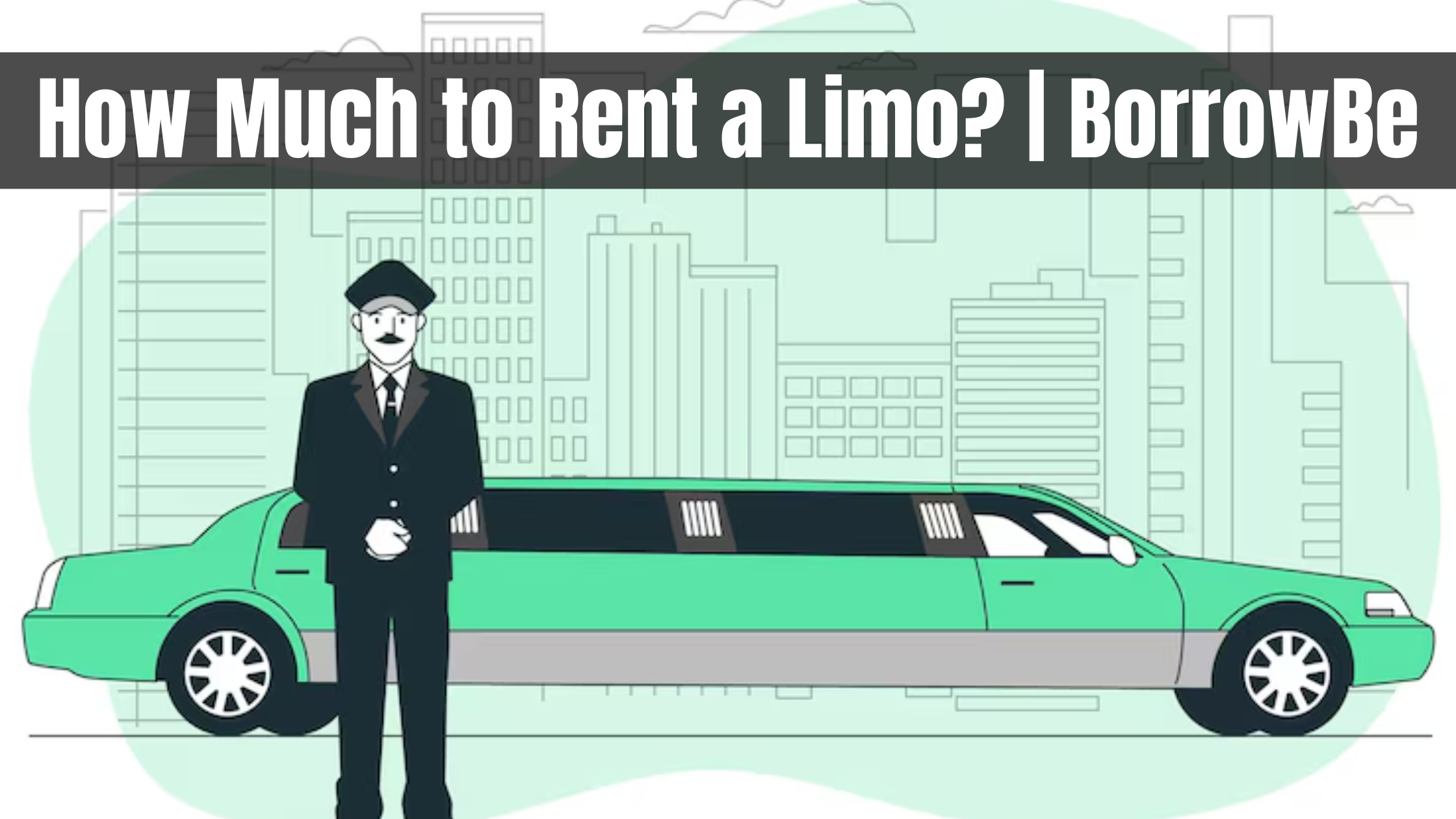Introduction: Smooth Sailing Starts with Smart Planning
Welcome aboard! If you’re considering your first-time boat rental, congratulations—you’re about to embark on a thrilling journey packed with adventure, relaxation, and unforgettable memories. Whether you're dreaming of a peaceful day of fishing, gliding across the waves on a sailboat, or revving up the adrenaline with a jet ski ride, renting a boat opens up a world of freedom and excitement that few experiences can match.
But while heading out on the water sounds like smooth sailing, it’s important to remember one key thing—safety comes first. The sea (or lake, or river) is no place to learn lessons the hard way. Boating may seem as simple as pointing your vessel in the right direction, but there are several serious risks to consider—especially for first-timers unfamiliar with boating laws, safety gear, or how different boats handle in various conditions.
This guide is tailor-made for beginners like you. We’ll walk you through 10 essential safety tips that will help you enjoy your trip without the stress or danger that can come from being unprepared. From choosing the right boat for your excursion—whether it’s a fishing boat rental, a private sailing vessel, or the cheapest jet ski rental—to understanding the rules around age limits, licensing requirements, and what gear you’ll need on board, you’ll find clear, practical answers to your most pressing questions.
By the end of this guide, you’ll feel confident and ready to dive into your boating experience safely, legally, and with complete peace of mind. So grab your sunglasses, pack your sunscreen, and let’s explore how to make your first boating adventure as smooth and safe as possible!.webp)
Safety Tip #1 — Know the Boat Before You Board
Before your adventure begins, make sure you understand the boat rental requirements for your location and the specific type of vessel you're renting. Every rental company may have slightly different policies, but there are a few standard documents and checks you should expect.
What Do You Need to Rent a Boat?
- Valid Government-Issued ID: Typically required to verify your age and identity.
- Boating License or Safety Certificate: Depending on the region and the size/type of the boat, you may need a boating license or proof of completing a boating safety course. Some places offer temporary permits.
- Credit Card: Most rental companies will require a deposit or a hold on your card to cover potential damage or fuel use.
Pre-Boarding Inspection &First time Renter Checklist
|
Essential Pre-Boarding Inspection |
Quick First-Time Renter Checklist |
|
Life jackets for every passenger |
Confirm documentation requirements in advance |
|
Fire extinguisher |
Ask for a full safety and operational briefing |
|
Anchor and rope |
Double-check fuel levels and emergency equipment |
|
Navigation lights (especially for late returns) |
Review the boat's controls and GPS/navigation features |
|
Working horn or sound device |
|
|
First aid kit |
Safety Tip #2 — Understand Age & Licensing Rules
Before you head to the dock, it's crucial to know the age to rent a boat in your area. While rules vary by state or country, the minimum age is typically between 18 and 25 years old. Some locations may allow younger individuals to rent smaller vessels under specific conditions or with certified supervision.
You might also be required to have a boating license—especially for larger watercraft or rentals lasting multiple days. Fortunately, many states offer a temporary boating permit or quick safety course that allows first-time renters to get legally prepared in just a few hours.
For families bringing along teens or children, always make sure life jackets are properly fitted for each person on board. Young passengers should be seated safely and kept away from sharp equipment, especially on fishing boats or jet skis.
Understanding these rules isn’t just about compliance—it’s about keeping everyone safe on the water.
Safety Tip #3 — Ask About Safety & Operation Briefings
When renting a boat, especially for the first time, never skip the safety and operation briefing—this is essential to ensure a safe and confident experience on the water.
Always request a safety demonstration from the rental staff, even if it’s not automatically offered. They should walk you through the boat’s basic functions, emergency procedures, and location of safety equipment. This is particularly important for those renting private fishing boat rentals or bass boat rentals where additional features like bait wells, fishing gear, and trolling motors may be included.
Make sure you understand how to use onboard technology such as:
- GPS and chart plotters for navigation
- Marine radios for communication and weather updates
- Depth finders, especially relevant for anglers
Also, ask specific questions about handling the boat in different conditions—like docking, anchoring, and responding to changing weather. A short 10-minute briefing could make a big difference in your safety and confidence level once you’re out on the water.
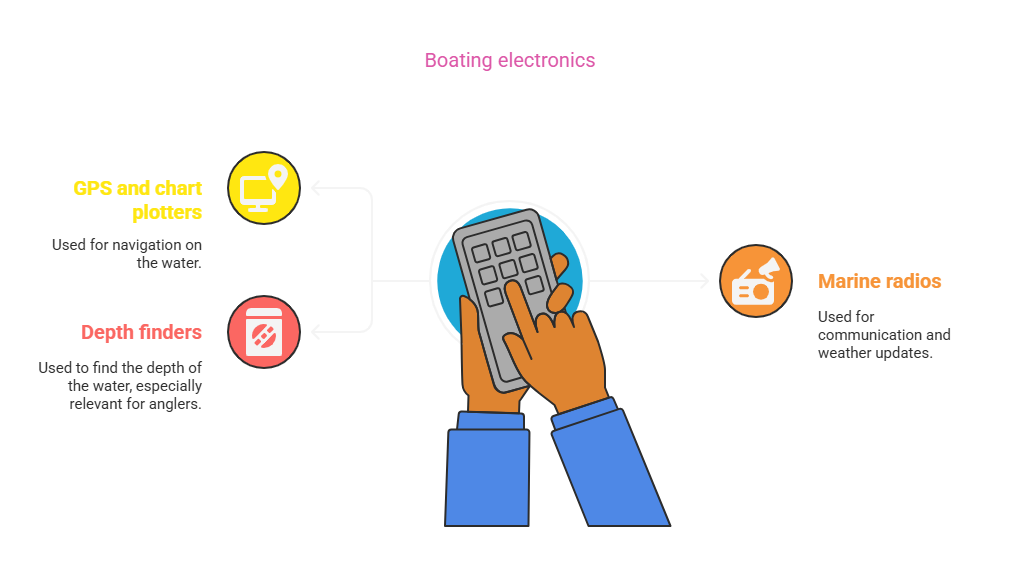
Safety Tip #4 — Safety Gear Inspection is a MUST
Before setting out, always take the time to inspect the safety gear on board—especially when using private fishing boat rentals, which may not be monitored as closely as commercial fleets.
At a minimum, your boat should have:
- U.S. Coast Guard-approved life jackets for every passenger
- A working fire extinguisher
- Visual distress signals like flares or flags
- A fully stocked first aid kit
- A sound-producing device, such as a whistle or horn
Larger vessels and private rentals often come with more advanced equipment, so make sure you know where everything is stored. If anything seems missing or damaged, don’t hesitate to ask for a replacement before departure.
Being prepared with the right safety gear isn't just about passing inspections—it’s about protecting lives, including your own, in an emergency. Don’t take risks when it comes to your safety at sea.
Safety Tip #5 — Check the Weather Before You Launch
One of the most important yet often overlooked safety steps for first-time boat renters is to always check the weather—specifically marine forecasts—before heading out. Unlike standard local forecasts, marine weather reports provide critical details like wind speed, wave height, and tidal conditions that directly impact boating safety.
Calm skies can be deceiving. Sudden storms, rough waters, or high winds can turn a fun day into a stressful and dangerous situation—especially for beginners unfamiliar with how boats handle in rough conditions.
To stay informed, use reliable boating weather apps such as:
- Windy
- NOAA Weather Radar Live
- MyRadar
- Marine Weather by AccuWeather
Avoid launching if there's any chance of high winds, choppy waters, thunderstorms, or dense fog—conditions that are especially dangerous for first-time boaters and small watercraft.
Being weather-aware ensures smoother sailing and gives you the confidence to enjoy your boat rental experience safely.
Safety Tip #6 — Know Your Route + Local Rules
|
🌊 Water Type |
⚠️ Navigation Challenges |
✅ What to Ask at the Rental Dock |
|
Lakes & Rivers |
Hidden sandbars, submerged stumps, narrow channels |
- No-wake zones<br>- Swimming areas to avoid |
|
Coastal/Ocean Waters |
Tides, shifting weather, strong currents, busier traffic |
- Fishing-friendly locations<br>- Emergency contact info |
|
Any Body of Water |
Getting caught in restricted or unmarked zones |
- Fuel dock location<br>- Route recommendations |
Helpful Tips for Fishing Boat Hire
|
🛥️ Planning to Rent a Fishing Boat? |
|
✅ Check if a fishing license is required |
|
✅ Learn local catch limits and species rules |
|
✅ Choose licensed rentals with reputable reviews |
|
Search: "where can I rent a boat to go fishing" near you |
Safety Tip #7 — Match the Boat to the Activity
Choosing the right boat for your adventure can make all the difference in both safety and enjoyment. For calm inland lakes, bass boat rentals are perfect—they’re easy to maneuver and designed for sport fishing. Planning a group trip or heading out to sea? Opt for fishing pontoons or a sturdy ocean fishing boat rental built to handle rougher conditions.
If you only need it for a short adventure, you can easily rent a fishing boat for a day. Looking to explore over several days? Consider full-service fishing boat rentals with added storage, seating, and equipment.
Always match your boat to your location, group size, and fishing goals to ensure a stress-free trip on the water.
Safety Tip #8 — Don’t Overestimate Your Skill Level
When it comes to boating, confidence is great—but overconfidence can be dangerous. If you're planning to rent a sailboat, understand the difference from motorboats: sailing requires knowledge of wind patterns, sail handling, and navigation skills that take time to master.
Beginners should consider crewed sailboat charters rather than going solo, especially when choosing to rent a sailboat for a week. Crewed options offer expert guidance and extra safety on longer trips.
Wondering how much it costs to rent a sailboat? Prices vary based on size, destination, and whether it’s bareboat or crewed—but a higher price often reflects better equipment, safety gear, and navigational features, all essential for safe sailing.
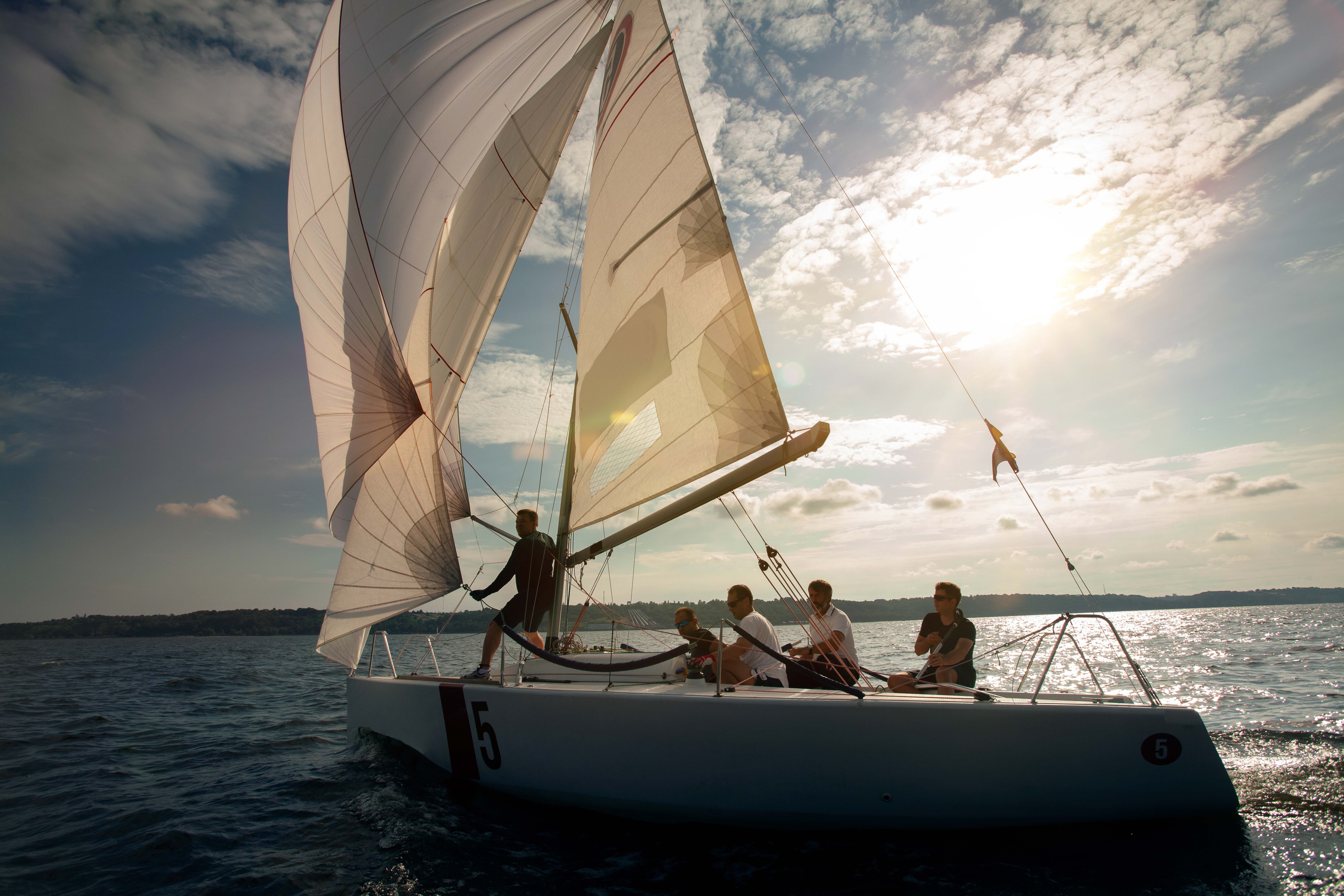
Safety Tip #9 — Be Cautious with Speed & Water Toys
High-speed fun like jet skis and other personal watercraft (PWC) can be thrilling, but they come with higher risks—especially for first-time riders. Before you rent a jet ski, make sure you’re familiar with how they operate. Most areas require riders to be at least 16 years old and sometimes demand a short safety course or permit.
Always wear a life jacket, stay within marked zones, and avoid riding too close to swimmers or boats. If you're looking for the cheapest jet ski rental, compare local providers, but never sacrifice safety gear, insurance coverage, or customer reviews for price.
✅ Jet Ski Rental Safety Checklist
|
🛟 What to Check |
⚠️ Why It Matters |
|
Age restrictions & local laws |
Legal compliance ensures a safe rental |
|
Life jackets provided |
Mandatory for all riders |
|
Operational briefing included |
Reduces accident risks for first-timers |
|
Insurance coverage offered |
Protects you from unexpected damages |
|
Customer reviews |
Indicates trustworthiness of the rental staff |
Safety Tip #10 — Always Stay Connected
In the excitement of your first-time boat rental, it’s easy to forget the most important safety tool: communication. Always bring a fully charged phone or better, a GPS-enabled device, to help you navigate and call for help if needed. While phones work well within range, they may not always provide coverage if you stray too far offshore.
For longer or ocean fishing boat rentals, it’s highly recommended to carry a marine VHF radio. These radios are more reliable than cell phones in marine environments and can connect you directly to emergency services or nearby boats in case of trouble.
Another crucial step is to leave a float plan with someone on land. Share your boating route, estimated return time, and rental details with a family member or friend. If you’re delayed or face an emergency, having someone who knows your plan can be life-saving.
Staying connected isn’t just about convenience—it’s about being prepared, safe, and responsible while enjoying the open water.
Safety for All Boat Types & Activities
Understanding that each boat type comes with its own set of safety considerations is key to planning a successful and safe adventure. Here's a quick comparison to help you prepare based on what type of vessel you’re renting:
|
🚤 Boat Type |
⚠️ Key Safety Considerations |
🛟 Essential Equipment/Prep |
|
Sailboats |
Requires wind navigation skills; may involve longer trips and deeper waters |
Life jackets, rigging check, sailing experience or crewed option |
|
Powerboats |
Higher speeds mean more reaction time needed; suitable for lakes/rivers |
Kill switch lanyard, GPS, fuel level check, operator’s briefing |
|
Jet Skis |
High-speed, low visibility, more likely to tumble |
Life jacket, safety lanyard, check age/legal requirements |
|
Fishing Boats |
May carry gear and bait; stability and storage important—especially in ocean settings |
Life jackets, rod storage safety, tackle management, fish license |
Conclusion: Have Fun, Stay Safe & Respect the Water
As you set out on your boating adventure, remember that while the water offers endless fun, it can also be unpredictable. Whether you’re cruising with friends or enjoying a peaceful solo trip, safety should always be your top priority. By practicing smart boating habits—like wearing life jackets, checking weather conditions, and understanding basic navigation—you'll ensure your experience is not only safe but also unforgettable. Respecting the water doesn't mean fearing it—it means being prepared, staying alert, and making responsible choices. At BorrowBe, we want every journey to be filled with great memories and stress-free moments. So as you plan your next outing, keep these tips in mind, and you’ll be well on your way to mastering the waves.
Ready to rent your first boat from BorrowBe? Use these safety tips and sail with confidence!
Frequently Asked Questions (FAQs)
How old do you have to be to rent a boat?
To rent a boat, you typically need to be at least 18 years old, but age requirements may vary depending on the location and type of vessel. Some locations or rental companies may require renters to be 21 or even 25, especially for larger boats or high-powered watercraft. Always check local boating regulations and rental company policies before booking. Planning to rent a boat for the first time? Make sure to review the age rules specific to your destination for a safe and legal boating experience.
Do I need a boating license to rent a boat?
In many areas, you don’t need a traditional boating license to rent a boat, but you may be required to complete a boater safety course or have a temporary boating certificate, especially if you’re operating a powerboat or PWC (personal watercraft). Licensing laws and requirements vary by state or country, so it's important to check with your local marine authority before your trip. If you're wondering, “Can I rent a boat without a license?” — often yes, but safety education is key.
What do I need to rent a boat as a first-timer?
To rent a boat as a first-timer, you'll usually need a valid government-issued photo ID, a credit card for the security deposit, and in some locations, proof of having completed a boating safety course. Some companies offer brief orientations before departure. It's also wise to research local navigation rules and boating laws. Nervous about renting a boat for beginners? Start with a guided or crewed rental option to build your confidence on the water.
Can you rent a boat for a day for fishing?
Yes! Many companies offer daily boat rentals for fishing, including fishing boats, pontoons, and center consoles equipped for angling. Whether you want a small freshwater lake adventure or a deep-sea offshore experience, there are plenty of day rental options available. Be sure to ask if the boat includes fishing gear, GPS, or fish finders. Looking for a quick getaway? A one-day fishing boat rental is an affordable and flexible way to enjoy a day on the water.
How much does it cost to rent a sailboat for a week?
The cost to rent a sailboat for a week can range from 1,000toover1,000toover10,000 depending on factors like boat size, location, season, and whether it's crewed or bareboat. For budget-friendly options, smaller sailboats or off-season bookings are ideal. In premium destinations like the Caribbean or the Mediterranean, week-long sailboat charters may include extras like a skipper and provisioning. Always compare rates and check what's included for the best sailing experience.
Where’s the best spot for cheap jet ski rentals?
The best places for affordable jet ski rentals are usually popular coastal or lake destinations with competition among rental providers—think places like Florida, Lake Havasu, Myrtle Beach, and the Gulf Coast. Booking early online or during weekdays often saves money. Look for local marinas offering discount jet ski packages or hourly deals. Pro tip: Always compare rental prices and reviews to make sure you're getting both a good deal and a safe ride.
Is it safe to rent a private fishing boat?
Yes, it is generally safe to rent a private fishing boat, especially when you choose a reputable rental provider. Many fishing boat rentals come with safety gear, GPS trackers, and onboard communication devices. Always ensure the boat is well-maintained and meets all safety regulations. First-timers may want to consider a captained fishing trip to get the hang of it before going solo. Wondering if private fishing boat rentals are safe? With the right preparation and provider, absolutely!
